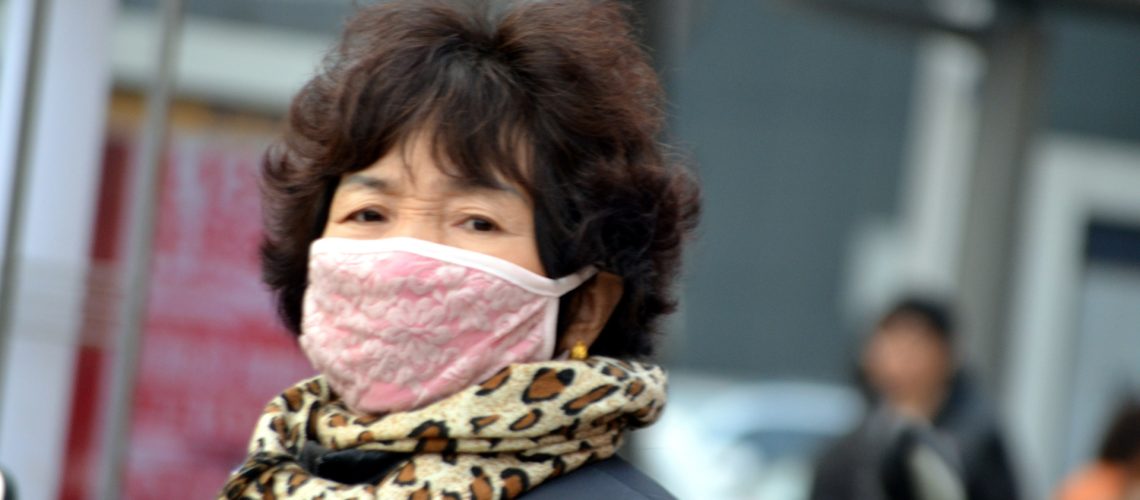With coronavirus causing fear and panic around the globe, and while no cases have yet been identified locally, many large employers in South Africa have put task teams in place to mitigate risk.
An outbreak will strike directly at your most valuable asset — your employees — and could last for months, so at the very least, employers need to plan for an increase in absenteeism. It is advisable to ensure that sound absenteeism management practices are in place which are not punitive in nature, but protect the physical and mental wellbeing of all employees. Employers need to engage with their Health Risk Managers and Employee Assistance Programme service providers to mitigate the effects this will have on employees.
Employers need to make sure company policies on absenteeism in the workplace are in place and updated. They should consider how to identify persons who may be at risk, and support them, without inviting stigma and discrimination into the workplace. This could include staff who have recently travelled to an area reporting cases, or other staff who have conditions that put them at higher risk of serious illness (e.g. diabetes, heart and lung disease, immuno-compromised conditions and older age).
Employers will need to find ways to differentiate between employees who validly need to be off work and those who are self-quarantining themselves without cause.
In managing absenteeism, employers can expect to manage five types of absences:
- Employees infected with the coronavirus;
- Employees who must take care of an immediate family member infected with the coronavirus;
- Employees who refuse to report to work for fear of being exposed to the virus at work or during travel to work;
- Employees absent from work due to a preventive withdrawal (self-quarantine) and the perception that the workplace is now a high-risk zone according to their specific medical condition; and
- Employees in “quarantine” after being in contact with coronavirus-positive individuals. Quarantine may be requested by the employer to limit the risk of contamination or by a health care professional, as part of a medical protocol.
Some questions that employers are going to have to grapple with are:
- If an employer asks an employee to stay off for two weeks should this be taken from normal leave?
- If an employee phones in stating that they need to be quarantined for 14 days, what information does the Employer require and how does an individual get the required sick note?
- What happens if a breakout at an employee’s child’s school and they need to stay home? Will this come out of family responsibility leave and should such leave be extended?
- What happens if an employee’s spouse has travelled to high risk area and returns – should the employee stay at home as well?
- If an employee has no more sick leave, is it unpaid leave or special leave?
If someone is not sick but cannot work because they’re in self-quarantine or forced isolation, there is no legal obligation on an employer to pay, however if the employee has been told not to come to work for the following reasons:
- have been told by a medical expert to self-isolate;
- have had to go into quarantine; and
- are abroad in an affected area and are not allowed to travel back to South Africa.
It may be good practice for their employer to treat it as sick leave and follow their usual sick leave policy. Otherwise there’s a risk the employee will come to work because they want to get paid, and spread the virus if indeed they have contracted it.
Some employees may feel they do not want to go to work if they’re afraid of catching coronavirus. An employer should listen to any concerns staff may have. If there are genuine concerns, the employer must try to resolve them to protect the health and safety of their staff. An employer can, if possible, offer working from home. If an employee still does not want to go in, they may be able to arrange with their employer to take the time off as annual or unpaid leave which does not constitute sick leave.
In order to curb unnecessary absenteeism and unnecessary panic, employers will need to ensure that there is good communication to all employees to:
- keep everyone updated on actions being taken to reduce risks of exposure in the workplace;
- make sure everyone’s contact numbers and emergency contact details are up to date;
- make sure managers know how to spot symptoms of coronavirus and are clear on any relevant processes, and procedures in case someone in the workplace develops the virus;
- make sure there are clean places to wash hands with hot water and soap, and encourage everyone to wash their hands regularly;
- give out hand sanitisers and tissues to staff, and encourage them to use them;
- consider if any travel planned to affected areas is essential; and
- let their employer know as soon as possible if they’re not able to go to work.
While it is too early to understand the impact the virus could have on South African business, there is a need to prevent and manage the spread of the virus by engaging in sound practices that prioritise the health and safety of those in the workplace. Employers and employees alike must follow directives from WHO and the South African Occupational Health and Safety regulations.
Myrna Sachs is the head of Alexander Forbes Health Management Solutions.


























